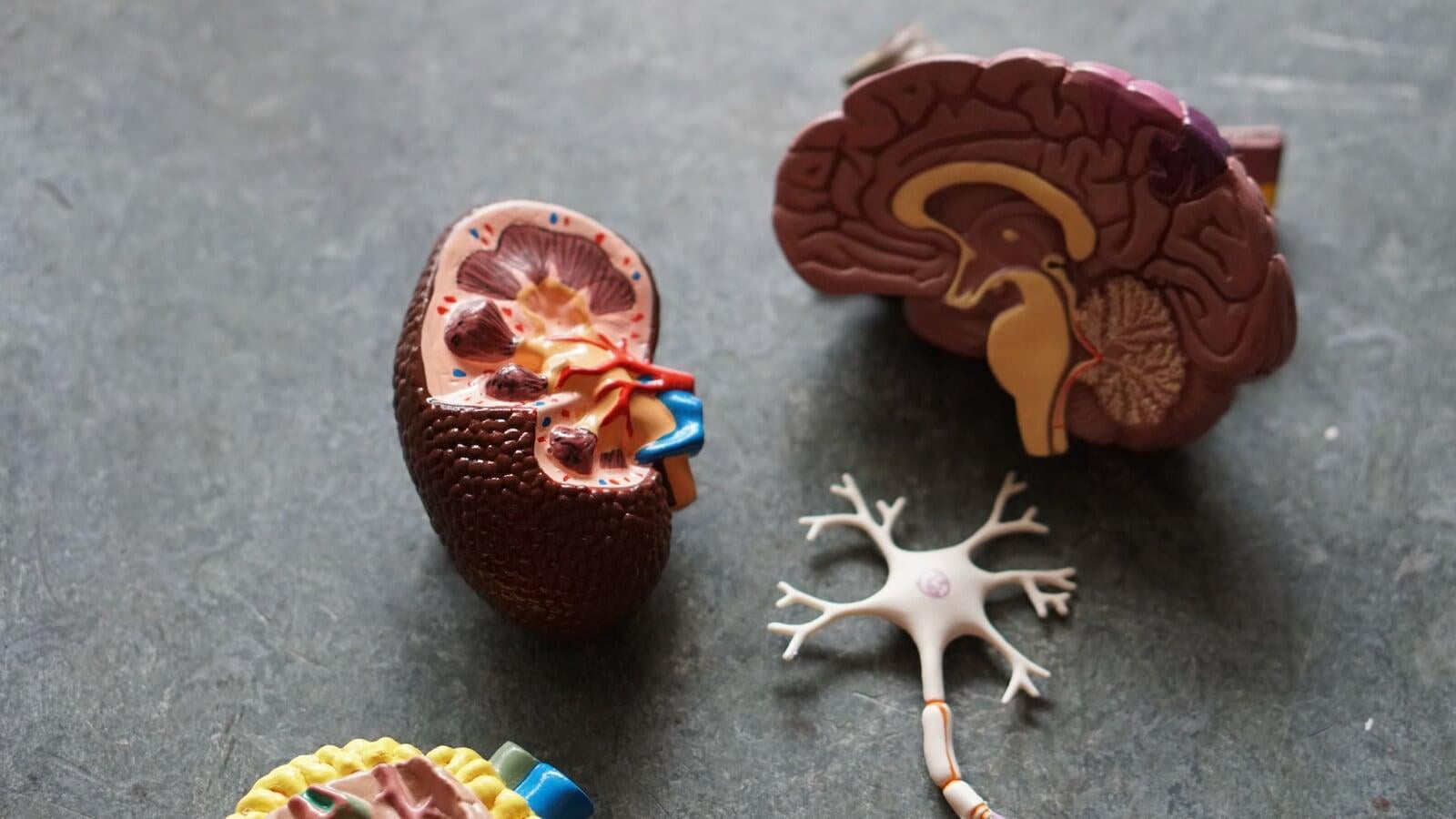
Amazing progress continues to be made the quest to prevent, diagnose, and treat the devastating effects of Alzheimer’s disease. Especially as we mark World Alzheimer’s Day on September 21, one finding may be worthy of informing your clients, so they know you’re on top of recent developments.
First, some background. Everyone with Alzheimer’s has beta amyloid plaques in the brain, but not everyone with the plaques has Alzheimer’s. In the past, we had tests to detect the levels of beta amyloid in the blood. However, even though blood concentration had a correlation to the presence of amyloid plaques in the brain, the test wasn’t necessarily indicative of Alzheimer’s disease or even the risk of it.
A newer type of test focuses instead on tau, another one of the proteins that exists in abnormal ways in the brains of every Alzheimer’s patient. The p-tau217 blood test was found to be highly indicative of a present diagnosis of Alzheimer’s, with an accuracy range between 89% and 98%. Scientists believe it may also be able to predict the likelihood of Alzheimer’s up to 20 years before symptoms occur. Results were first announced with great fanfare at the International Alzheimer’s Conference in 2020, with ongoing research since then.
Here is a basic article about the study from the journal Science Daily. For more in-depth knowledge, read this release from the Conference itself or this academic report published in May 2022. Finally, this article from May 2022 gives just one example of a company’s developments in this arena.
Although it’s been two years since the initial announcement at the conference, testing and verification always take far longer than we wish, and the test is not available to the public yet. However, some scientists estimate it could be available to the public within the next one to three years. Ongoing research is also focused on what to do with that information in terms of prevention and treatment, including pre- and post-test counseling.
You and your clients can help support research by volunteering for clinical trials. The Alzheimer’s Association is always looking for healthy people willing to be involved, and they match people with the wide range of trials available - see alz.org/trialmatch. I support this effort so whole-heartedly that I was matched over four years ago and continue to participate in a clinical trial for healthy people.
There is still no cure for Alzheimer’s disease, or even a way to reverse its course. But if we continue to support and fund this critical research, we may find ways to predict and prevent it, and to manage the symptoms so it doesn’t steal so much from those affected. That’s a goal worth working toward.
